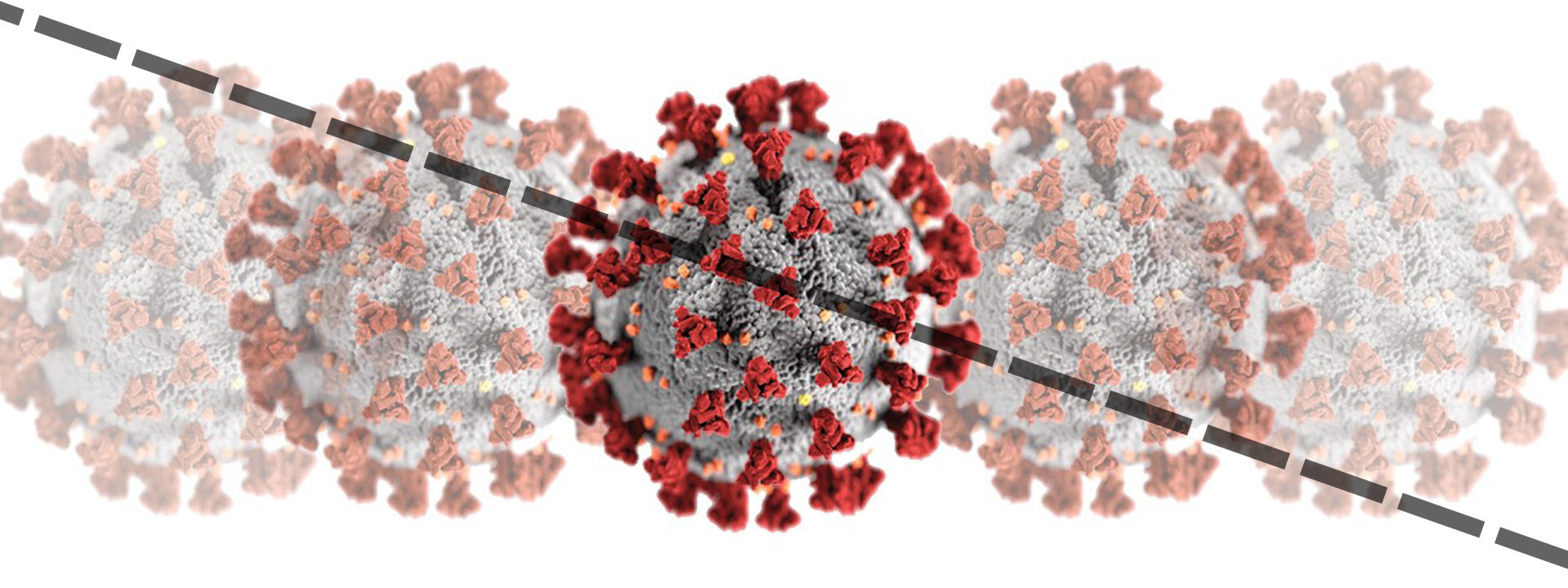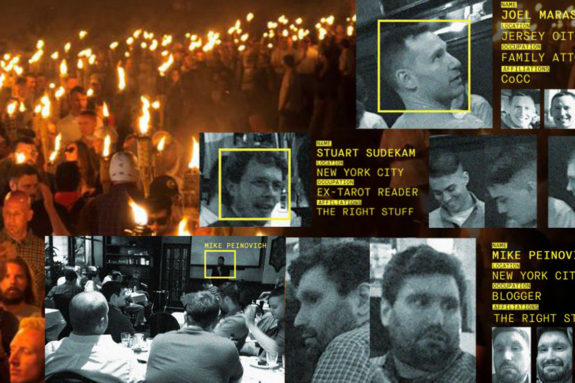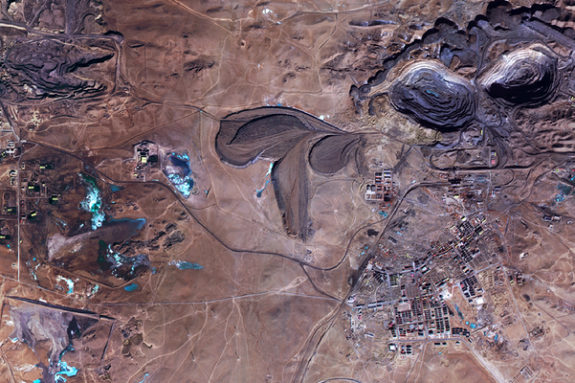Where we avoid each other, we can find our power, too.
“We are pressed, pressed on each other / We will be told at once / Of anything that happens.” In this short stanza written in 1968, the poet George Oppen spoke to our current condition, now thrown into sharp relief by a pandemic.
When rushed, if not forced, into so-called “social distancing,” we should reflect on the standard proceedings of social proximity. At which junctions, through which quotidian flows, do our breaths and spits mingle and our individual bodies reveal their porousness? The subway, the airport, the office, the meeting, the classroom, the dance party, the restaurant, the conference and, at best, the protest. These are my answers, and they are the answers of a person who has been granted—by the vagaries of nationhood and capital distribution—the choice of distance and safe isolation.
The shelter, the overburdened hospital, the workplace with no sick leave, the no-option but public transit, the crowded housing project, the prison and the concentration camp–wherever bodies are reduced by force to just bodies, their porousness cannot be escaped.
It is, of course, in recognition of our mutual embodiment that those with the privilege to seal themselves off from COVID-19 should do so. But how quickly will we forget the (relative) ease with which we could withdraw our bodies from the frontlines of an onslaught, when so many could not? If it is because we see our potential for interconnectedness that we stay home, what will we do with that same potential, in plain sight now, when this virus has peaked and passed? Will we remember to fixate, as we do now, on the sites where we risk finding each other and spreading something together: the subway, the classroom, the workplace, the meeting, the protest?
A woman in Italy was quarantined with her husband’s dead body for thirty hours. Airlines are flying nearly empty planes in order to protect their valuable routes and time slots. Prisoners in New York are forced to make a hundred thousand gallons of hand sanitizer per week, but they are not permitted to use it themselves because of its alcohol content. Trump, fumbling through prepared remarks, announced a National Emergency yesterday alongside a suite of public-private partnerships that the US will form with Google, Target, and Roche, to coordinate pandemic response efforts.
“We leak, we are contaminated, and crucially, we would not be ourselves in the absence of these perfusions,” the author Sophie Lewis once told me in an interview. But in theorizing what she calls our “wateriness,” she added, quite crucially, that “boundaries are very valuable, as groups whose boundaries have historically been disrespected know all too well. It’s just as important to grasp that the containers we use to conceptualize ourselves—family, kin, nation, self—aren’t natural or immutable.” A pandemic will highlight the ways we are or are not already bound, and for whom those binds and boundaries are chains and chokeholds.
Of course illness discriminates, and the lines of care which decide who is left to die are pre-drawn. Viral ontologies absent of social and political elements are failures because they do not describe what a virus is and does in the world. Scientists don’t examine viral genomes under microscopes and viral particles don’t become diseases (they don’t enter the ontology of that which we call disease), until people get sick. As Donna Haraway put it, such scientific assertions are “made but not made up.” Thousands of poor and oppressed can get very sick before a disease is said to exist. Just ask survivors of the AIDS crisis whether illness discriminates.
“A pandemic will highlight the ways we are or are not already bound, and for whom those binds and boundaries are chains and chokeholds.”
In recent days, I have seen a number of social media posts highlight what the state and businesses could do for people, if the political will existed. In Miami-Dade County, the police department has suspended all eviction actions. In Britain, where brutal austerity has been enforced as the only possible economic organizing principle for decades, the Bank of England agreed to unleash what the New York Times called “a torrent of money” into the economy. Amazon has dramatically (although still insufficiently) expanded its sick pay policy, to name only a few examples. But the logic of virus containment has not escaped the logic of capitalism: there’s a reason that power will bend in the face of what it sees as a temporary crisis in order to keep capital buoyant in the long term. Mass disruptions caused by strikes and industrial sabotage tend to win fewer and slower concessions from power than the pandemic has brought about; bosses know that workers, unlike viruses, question their current containment under capitalism when its conditions are shown to be contingent and mutable. Stoppages and disruptions become uncontainable.
To be sure, the concessions we are seeing power make in response to COVID-19 are nothing compared to the weight of totalitarian nationalist interventions and the pitiful failure to provide resources and aid for those who need it. One reason stated for keeping New York City schools open is that over one hundred thousand children are homeless and would not receive the two meals per day the school system provides them. There are over 250,000 vacant apartments in the city.
The title of the above-cited Oppen poem is “Of Being Numerous.” I cribbed it for the title of my last book, having thought back again and again for some years on some lines: “Obsessed, bewildered / By the shipwreck / Of the singular / We have chosen the meaning / Of being numerous.” In what ways are we numerous, enumerated, counted, uncounted, dividuated, enmassed, and divided? In what ways have we chosen to live this way, and in what ways is it chosen for us In whose interests are lives thus organized; which powers does this serve? And what, indeed, is the meaning of our modes of numerosity? I apply these questions again now, from a warm apartment, with ample food and the ability to support myself materially as I type. In this moment, we have been asked to mitigate being numerous together. Solidarity in the pandemic, for those in my position, is situated in not making things worse; this we can choose. When this particular crisis has passed, we will once again convene in our numbers—“A populace flows / Thru the city” as Oppen reminds us. But there is only power in being numerous if we choose it. If we know where to avoid each other, we know where to find each other, too.





